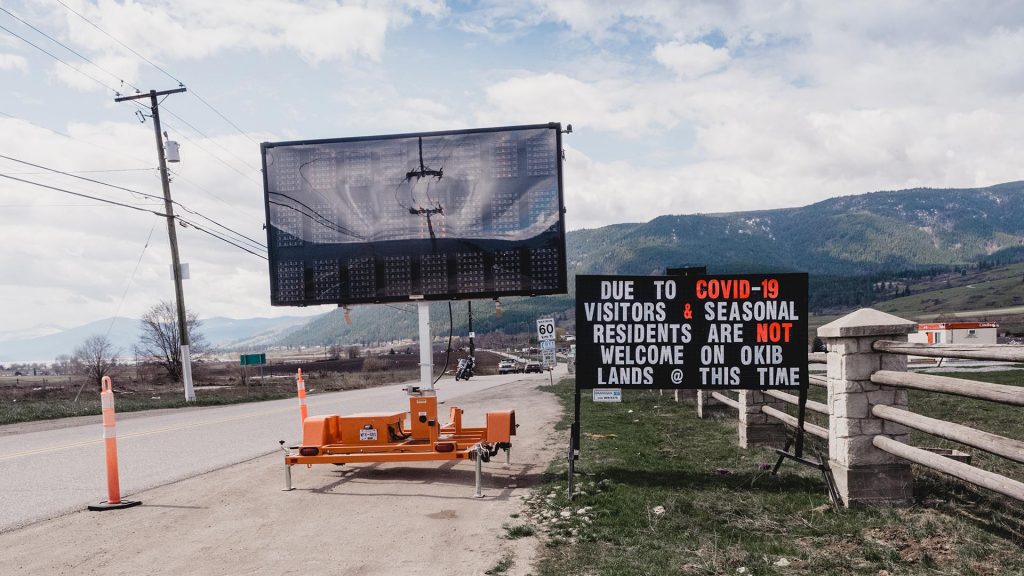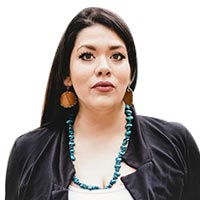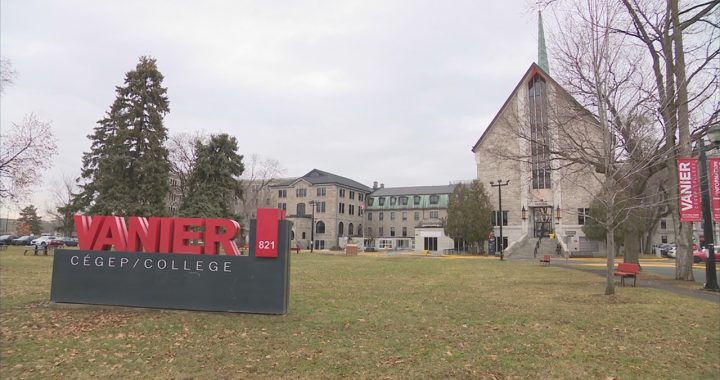
A councillor for the Okanagan Indian Band (OKIB) says the COVID-19 pandemic is highlighting the need for better access to data related to health in First Nation communities.
“The chiefs are asking, well ‘why, why can’t we see all the data?’” says Allan Louis who is also a board member for the Interior Health Authority.
In the Okanagan region, where Louis is doing most of his work, a significant portion of healthcare is provided by Interior Health.
Louis says the reason more data is not shared comes down to privacy.
“It’s a privacy issue between us and Interior Health as patient privacy comes first.” says Louis but adds, “there’s got to be some middle ground. There’s some things that need to be shared.
“I think that this pandemic, it’s kind of pushed it a little bit farther along, at a faster rate compared to when the pandemic wasn’t here because it wasn’t kind of life and death.”
Louis says that there is currently dialogue at all levels of government. Ultimately it will be up to the chiefs and citizens to determine the next steps.
“We’re starting to move to a place where we’re collecting data from Interior Health and First Nations Health Authority (FNHA) so that we can better take care of our members,” he says.
On May 5, the Assembly of First Nations announced the creation of a COVID-19 national task force to make sure the AFN and First Nations “receive accurate information, analysis, and recommendations for action during the COVID-19 pandemic.”
On May 9, Federal Indigenous Services Canada (ISC) Minister Marc Miller said at the federal government’s daily briefing on COVID-19, that “the collection of that data right now is far from perfect.”
That is confirmed by researchers with the Yellowhead Institute who found a significant discrepancy between numbers from ISC and what their team was able to verify.
As of May 12, ISC is reporting 184 confirmed cases of COVID-19 on First Nations reserves and two deaths.
“The Yellowhead team has found as many as 465 cases in 42 communities and likely seven deaths,” the brief states. These numbers are not limited to on reserve data. The team looked at “publicly available data—media reports, Band Council updates to members, local reports and obituaries.”
Fight for data sovereignty
Gwen Phillips, director of corporate services and governance transition with the Ktunaxa Nation, describes herself as a B.C. First Nations Data Governance Initiative champion.
“We’ve been trying to assert ownership critically over our identity because everybody shapes our identity by data,” says Phillips and adds that this is about a lot more than one pandemic.
“My nation has this vision of building strong healthy citizens and communities, we’re speaking our language, celebrating who we are in our histories, and on our ancestral homelands. Working together, managing our lands and resources as a self-sufficient and self-governing nation.”
“Now where in the hell is the data to see how much we are actually achieving?”
When it comes to data sharing, Phillips doesn’t believe that privacy is the problem.
“The whole thing about privacy, we have doctors, nurses, and social workers already working on our reserves. You don’t think we know about these things?” she says.
According to their website, the B.C. First Nations Governance Initiative was established because “scarcity and appropriateness of data were recognized as significant barriers to successful self-government.”
“We need to know who we were in order to be who we want to be again and so of course data is what you require to put that position into words,” says Phillips.
“What are we? Who are we? How do we behave? What are our values? All those questions that we ask ourselves as we reclaim our identity? Then we need that data to actually see ourselves as in that form.”
What kind of impact could this data sovereignty have?
“It’s already having an impact, and that’s the beauty of it. As soon as you start realizing you know what? I can define who I am. I can change what the world thinks about me,” says Phillips.
“It’s your people reclaiming that vision of who they are.”











